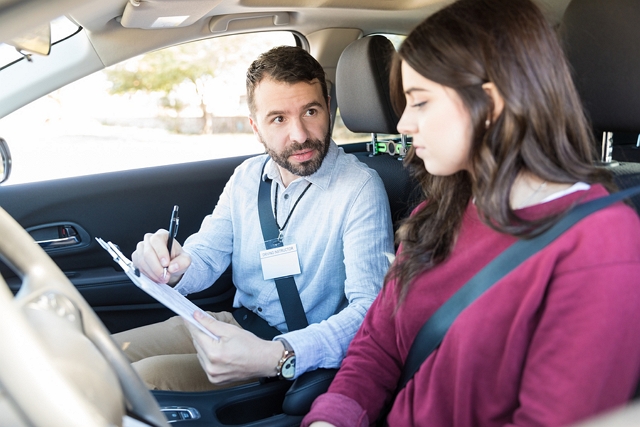In a world where traffic accidents claim millions of lives every year and cause immeasurable damage, the importance of defensive driving cannot be overstated. Beyond just obeying traffic laws, defensive driving is a proactive approach to road safety that prioritizes anticipation, preparedness, and quick reflexes. It is about more than just getting from point A to point B; it is about arriving safely, ensuring the safety of fellow travelers, and protecting oneself from the unexpected. At the heart of defensive driving lies the concept of awareness. A skilled defensive driver is acutely attuned to their surroundings, constantly scanning the road ahead, checking mirrors, and monitoring the behavior of other drivers. This heightened sense of awareness allows them to anticipate potential hazards well before they arise, giving them precious seconds to react and avoid dangerous situations. Whether it is a sudden lane change by another vehicle, an unexpected obstacle in the road, or adverse weather conditions, the defensive driver is prepared for whatever may come their way.

Moreover, defensive driving is not just about reacting to immediate dangers but also about proactive measures to minimize risk. This includes maintaining a safe following distance, adhering to speed limits, and refraining from distractions such as texting or talking on the phone while behind the wheel. By keeping a safe distance from other vehicles and maintaining control of their own speed, defensive drivers create a buffer zone that provides them with valuable time and space to react in case of emergencies. Another key aspect of defensive DriverZ is understanding and respecting the limitations of both oneself and one’s vehicle. This means recognizing when conditions are too hazardous to continue driving safely and taking appropriate action, whether it is pulling over to wait out a storm or delaying travel until visibility improves. It also means knowing the capabilities of one’s vehicle and driving within those limits, avoiding maneuvers that could lead to loss of control or mechanical failure.
Furthermore, defensive driving extends beyond just individual behavior on the road; it also encompasses a mindset of courtesy and consideration towards other drivers. This includes yielding the right of way when appropriate, signaling intentions clearly and in advance, and refraining from aggressive or reckless driving behaviors. By fostering a culture of mutual respect and cooperation on the roads, defensive drivers contribute to a safer and more harmonious driving environment for everyone. In conclusion, defensive driving is not just a set of skills; it is a mindset—a commitment to safety, responsibility, and vigilance on the road. By mastering the principles of defensive driving and applying them consistently, drivers can protect themselves, their passengers, and their fellow travelers from the countless dangers that lurk on the highways and byways of the world. In doing so, they not only safeguard lives but also ensure that every journey ends safely and without incident.

